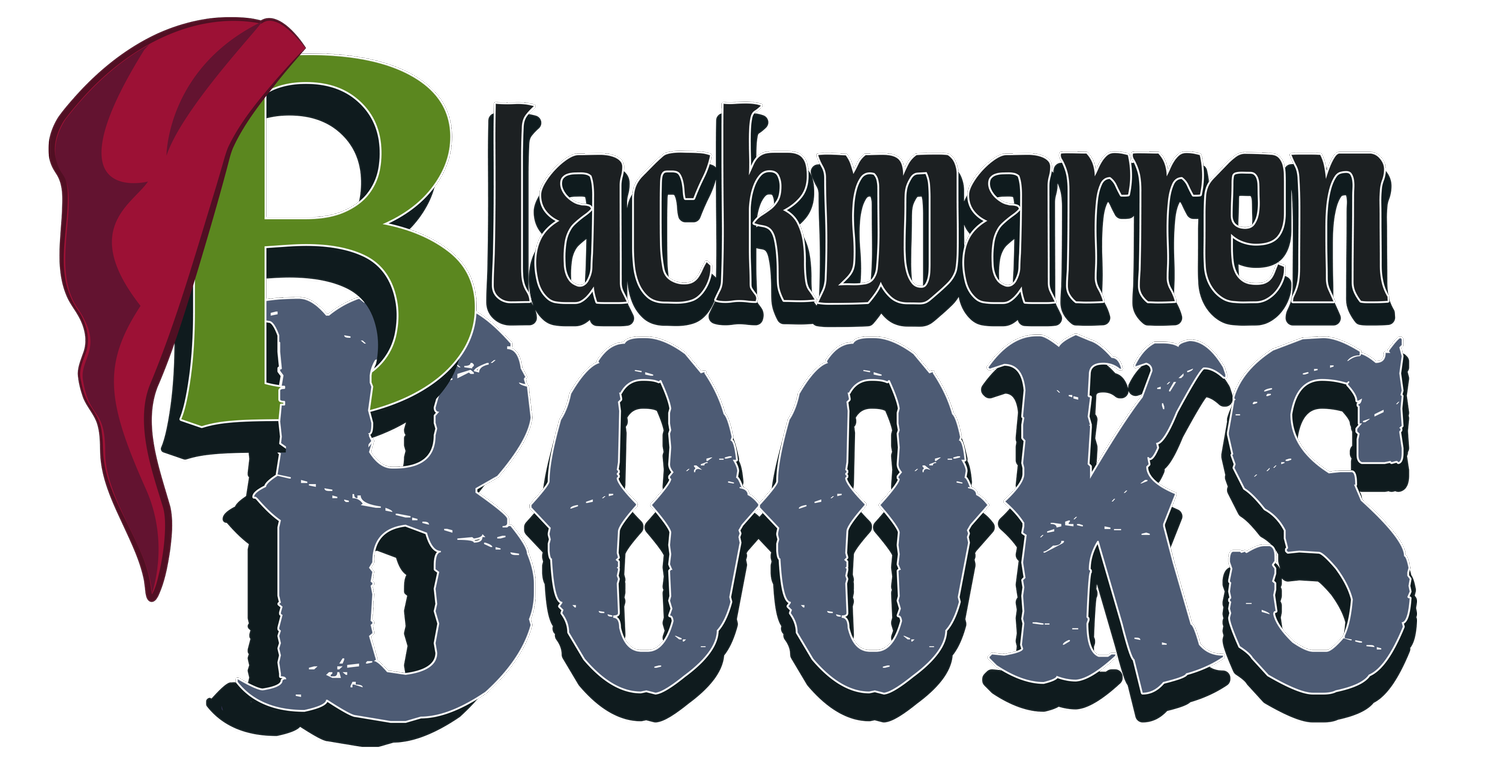The Memory Librarian: The Afrofuturism of Janelle Monáe
Like Samuel R. Delany, some people just don’t know when to quit when it comes to creative excellence. Janelle Monáe is yet another one of those people. The acclaimed singer-songwriter, actor, and afrofuturist, made a huge splash last year with The Memory Librarian, her debut short story collection, which hit store shelves worldwide.
Janelle Monáe is the kind of person we used to call “a national treasure”. She’s so much more than that, though - she’s an international superstar that seems to dominate any creative sector she decides to inhabit. Her debut short story collection, co-written with a number of other contributors, explores the themes of afrofuturism and queer representation in a stunning and thought-provoking way.
Together, the narrative follows the story of X, a young archivist who works in the Memory Library, a place where people can store their memories. X is tasked with collecting and preserving the memories of queer and marginalized people, who are often erased from history, as the setting is a dystopian future where queer people are persecuted and their memories are erased. X's work in the Memory Library is a way of fighting back against this oppression. By preserving the memories of queer people, X is ensuring that their stories will not be forgotten.
Representation On Multiple Fronts
The novel is full of afrofuturist elements, such as the Memory Library itself, which is a powerful symbol of resistance. The library is a place where queer people can find refuge and safety, and where their stories can be told and preserved. The Memory Librarian is also a powerful work of queer representation. The novel features a diverse cast of characters, including queer people of color, trans people, and non-binary people. These characters are complex and well-developed, and they offer a much-needed representation of queer people in literature.
Taken altogether as a collaborative novel, the entirety of the work is a must-read for anyone who is interested in these topics. It’s a powerful example of how afrofuturism can be used to explore the experiences of queer people. The novel imagines a future where queer people are free to be themselves, and where their stories are told and preserved. The novel also challenges the ways in which queer people have been erased from history. By preserving the memories of queer people, X is ensuring that their stories will not be forgotten. This makes The Memory Librarian a valuable work of queer representation, especially as the collection features a diverse cast of characters, including queer people of color, trans people, and non-binary people. These characters are complex and well-developed, and they offer a much-needed representation of queer people in literature.
Destined for Your To-Be-Read Pile
Whether you’re interested in afrofuturism, queer representation, or simply a well-written and thought-provoking novel, The Memory Librarian is a must-read. It’s even more noteworthy when you realize it’s a continuation of Monáe's recent album Dirty Computer, a concept album that explores themes of identity, sexuality, gender, race, and freedom. Like Memory Librarian, the album is set in the same dystopian future where people are forced to conform to strict social norms. With themes of identity, sexuality, gender, race, and freedom running throughout the album, it makes for the perfect companion to anyone reading The Memory Librarian. And it’s clear that for Janelle Monáe, this is just the beginning.
Got an idea for your own queer afrofuturist story? Our submissions are open for both short stories and novels - visit our submissions page today!

